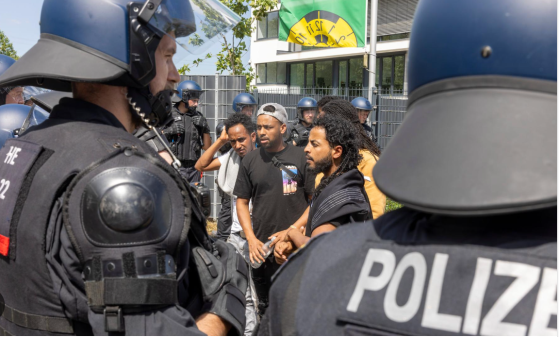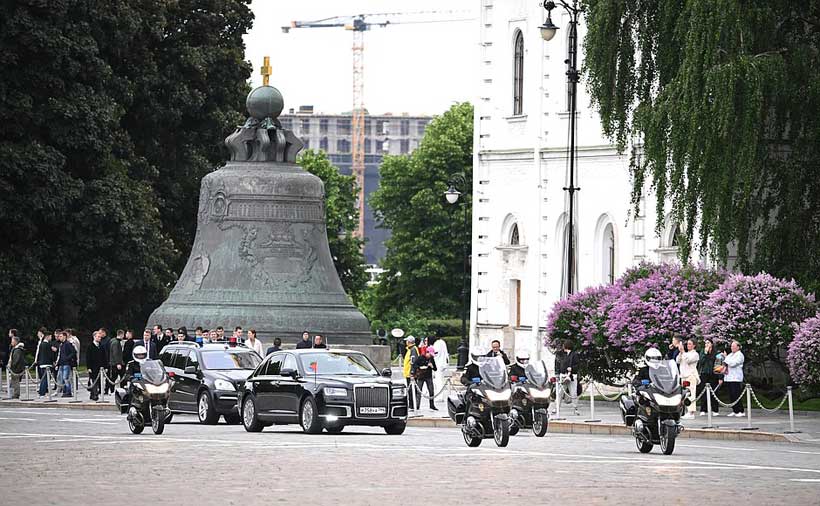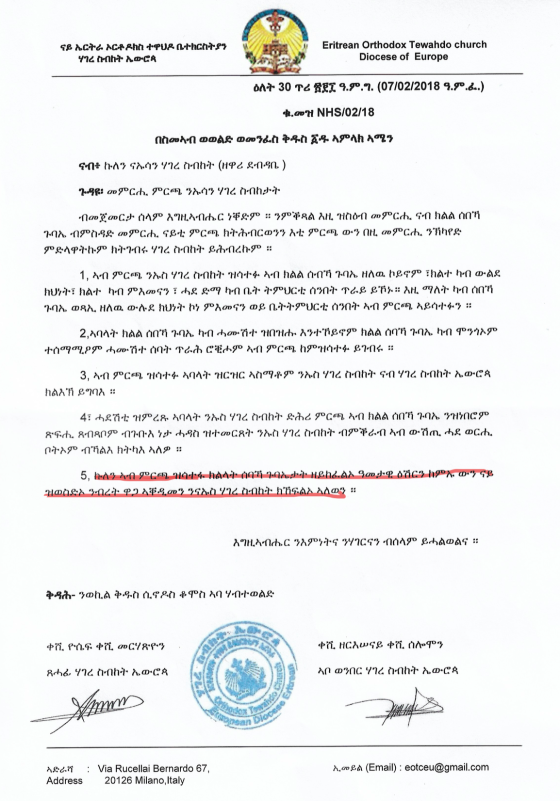Klaus-Dieter Grothe, Green city councilor and regular participant in demonstrations against events organized by the regime, emphasizes: “It is a deliberate provocation by the Eritrean state.” He appeals to the authorities to cancel the event, as they did in Switzerland.
Source: Giessen Allgemeine
In the Hessenhallen in Gießen: Eritrea Festival planned again on Saturday

The event of the Eritrean consulate in the Hessenhallen, which was canceled due to violent clashes, is to take place again in Gießen. The city sees this very critically.
Gießen – Exactly two weeks after the violent clashes on the sidelines of an event organized by the Eritrean consulate in the Hessenhallen, this is to take place again in Gießen. As Mayor Alexander Wright tells this newspaper, a consulate event that has been declared a “catch-up date” is planned for Saturday, September 3. The fair informed the city about this. “We take a very critical view of that,” emphasizes Wright. Therefore, the requirements have been significantly increased.
On Saturday, August 20, the event in the Hessenhallen, which was declared a cultural festival, was canceled by the police for security reasons. Before that, around 100 people – presumably Eritreans in exile – had climbed over the fences and stormed the site . They had gathered on the Saturday of the city festival independently of an officially announced and peaceful counter-demonstration. The clashes, which police said used sticks, poles, stones and knives, injured 33 people, including seven police officers. The situation was only calmed down after the deployment of 300 officials from all over Hesse.
Controversial Eritrea Festival in Gießen: Several cancellations in neighboring countries
For critics, the events of the consulate are not harmless cultural festivals, but propaganda events and a good source of foreign exchange for a dictatorship. Eritrea is one of the most isolated and censored countries in the world; According to reports from human rights organizations, the population is oppressed and their freedoms restricted. When it comes to assessing the regime, there is a deep rift in the Eritrean diaspora: for some, Isaias Afewerki is a hero who led the state to independence in 1993 and has since served as president with his one-party government. The Eritreans who have fled since the 2000s see this differently. Especially with them it caused a lot of trouble that in a kind of European tour, which also went to Gießen on August 20th.
The poet is shown on posters in a military uniform and beret and is considered the regime’s “chief propagandist” who agitates against its opponents. Eritrea’s participation in the war in Tigray, Ethiopia, is also likely to have fueled the conflict between the two groups. The European tour of the Eritrean regime had recently been dampened. Appearances in Sweden, the Netherlands and most recently in Switzerland have been canceled by the authorities. According to information, the Eritrea Festival was supposed to be held in Oslo, Norway, on September 3rd.
Gießen: Personalized tickets for another Eritrea festival
As Mayor Wright, who is responsible for the Gießen regulatory office, says, the authority wants to oblige the organizer to name the correct time at which the festival should begin – this did not happen last time. In addition, the Eritrean consulate must issue the number of participants and personalized tickets to the visitors. The fences around the Hessenhallen must be provided with climbing protection and the entrances with turnstiles.
According to the city, an official cancellation of the event is not possible because there are narrow limits for such a step. However, even before the event on August 20, Wright had given the fair more options to prevent the event. However, the GmbH, which acts as a private landlord, points out that it is obliged to make rooms available “non-discriminatory” because refusals for religious and political reasons are quickly overturned by the courts. The city sees this differently, since the Eritrean consulate’s event is not a party conference.
Giessen: Messe has a “contractual obligation that we are meeting with this appointment”
At the request of this newspaper, the trade fair announced: “We still have a contractual obligation, which we are fulfilling with this date.” The regulatory authorities have become active; the trade fair is also in contact with the authorities and organizers to ensure safety. It is not yet clear to what extent the Eritrean opposition will call for a counter-demonstration. Klaus-Dieter Grothe, Green city councilor and regular participant in demonstrations against events organized by the regime, emphasizes: “It is a deliberate provocation by the Eritrean state.” He appeals to the authorities to cancel the event, as in Switzerland.

























